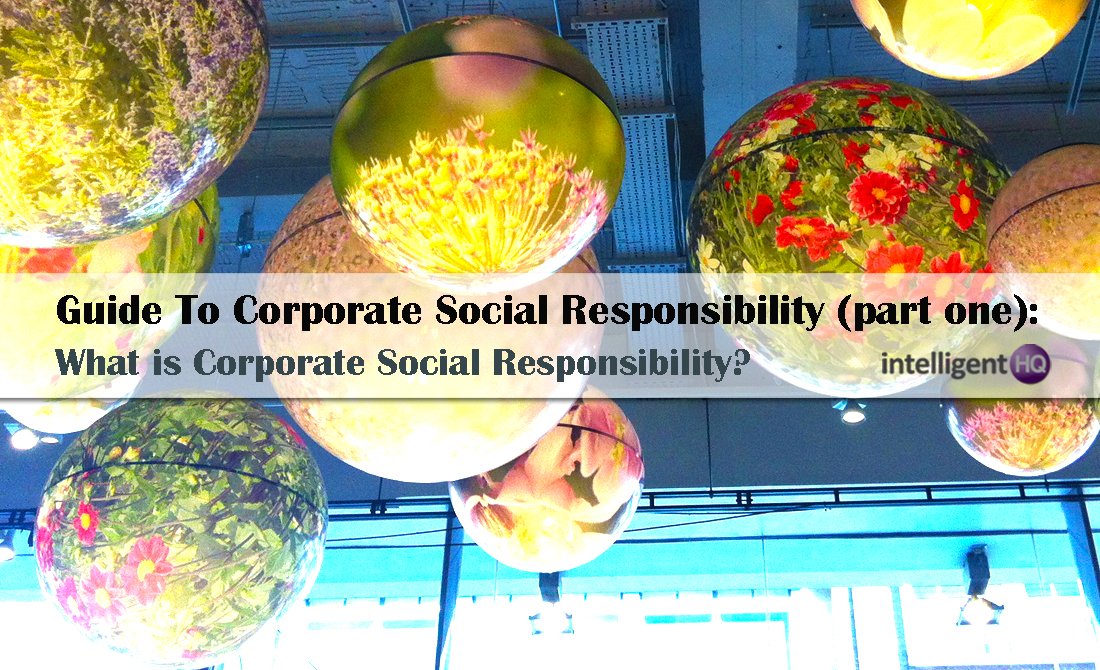How Value Engineering Delivers Cost Effective Construction Solution
Food, clothing and shelter are the three basic necessities of man. In a country like India, buying homes to have a roof over one’s head is far from reality due to the sky-high prices of real estate. Affordable housing remains a distant dream for many, but the government is making efforts in this direction. This is where the concept of value engineering comes into play.
What Exactly is Value Engineering?
This is a concept to maximize value while reducing costs at the same time. If one talks about value engineering in the light of construction projects, it helps to eliminate unnecessary waste and brings down lifecycle costs, while improving quality and substantiality at the same time. It focuses the attention of manufacturing, engineering, purchasing and other functions on only one objective – better performance, at lower costs. The concept revolves around using alternatives for original materials, while simultaneously improving performance and reducing costs.
Any project in the field of construction is time-bound. Many issues tend to crop up with the progress of the project, which in turn forces designers to work with limited details at hand. Any conceptual error can lead to serious obstacles. Hence, a team of value engineers needs to be hired to review the overall details of the project from a relatively different view.
The Process of Value Engineering:
Value engineers bring a fresh perspective to the project based on their expertise on professional construction. The process is not simple. It involves a series of key steps that showcase the end product to deliver greater functionality and value for the client.
Step 1: Gathering information
Important details like owner’s definition of value, key criteria, and objectives are sought during this stage. The information is assembled together for the purpose of creating a better understanding.
Step 2: Evaluation and analysis
Brainstorming sessions are then carried out to gauge the objectives of the project. Alternative recommendations are considered to see if they are feasible as well. They are then further evaluated and worked into proposals. The pros and cons of every idea along with cost comparisons are prepared to find the most feasible idea.
Step 3: Development stage
The best idea chosen is accompanied with a sort narrative, final sketches, and specifications.
Step 4: Idea presentation:
The stakeholders or clients are then presented with the final value management proposal in order to reduce costs and increase overall value.
Value Engineering has a huge impact on construction work that incorporates new technology, multi-use buildings and repeated construction. Greater profits can be achieved with lower costs so as to get highest income from the construction project. For this purpose, the team of value engineers helps to provide trending residential housing options at a lower price limit. If unwanted costs are lowered, the overall cost of the construction project gets reduced, which helps develop an affordable end product. Right from forecasting expenditure flows to investment appraisals, value engineering in the construction industry has helped to increase productivity, while maintaining the same costs. Construction becomes less expensive and can soon become a solution to the ever-increasing woes of the Indian real-estate market.

IntelligentHQ Your New Business Network.
IntelligentHQ is a Business network and an expert source for finance, capital markets and intelligence for thousands of global business professionals, startups, and companies.
We exist at the point of intersection between technology, social media, finance and innovation.
IntelligentHQ leverages innovation and scale of social digital technology, analytics, news and distribution to create an unparalleled, full digital medium and social business network spectrum.
IntelligentHQ is working hard, to become a trusted, and indispensable source of business news and analytics, within financial services and its associated supply chains and ecosystems.



























